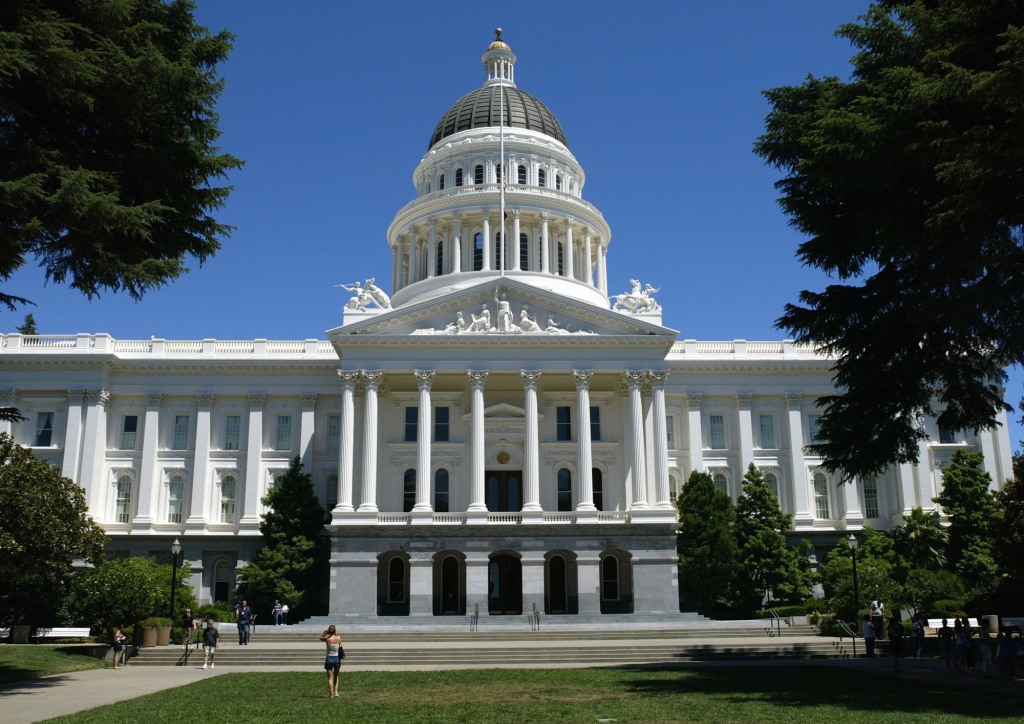Editor’s note: Sacramento Snapshot is a weekly series during the legislative session detailing what Orange County’s representatives in the Assembly and Senate are working on — from committee work to bill passages and more.
What happens when a college student accrues debt — not through federal or private loans, but instead money owed to the school?
For some, what’s known as “institutional student debt” or “shadow debt” comes in the form of a parking ticket or unreturned library book and when notified, can be easily repaid.
But in other, more detrimental cases, institutional debt can accrue when a student withdraws from a course or school before the end of a term, resulting in the school returning federal student aid, like Pell Grants or loans, and leaving the student owing money directly to the school
Related: Borrowers rally on Capitol Hill before student debt arguments at Supreme Court
Advocates say the issue was particularly exacerbated during the COVID-19 pandemic when students were leaving school due to illness or to take care of family members.
An estimated 750,000 students across California owe more than $390 million combined in debt to state institutions, according to a report from the nonprofit Student Borrower Protection Center.
An effort in the California Legislature, spearheaded by Assemblymember Blanca Pacheco, aims to expand protections for students who owe institutional debt. The bill doesn’t eliminate what’s owed, but rather it sets limits on how California’s colleges and universities, both public and private, could attempt to recoup that money.
Specifically, Pacheco’s bill would prohibit colleges from refusing to re-enroll or register a student from courses or withholding a degree only because of outstanding institutional debt.
It also prohibits schools from using a for-profit third-party debt collection agency as a means to recoup the debt and would prevent public universities from having the California…
Read the full article here






